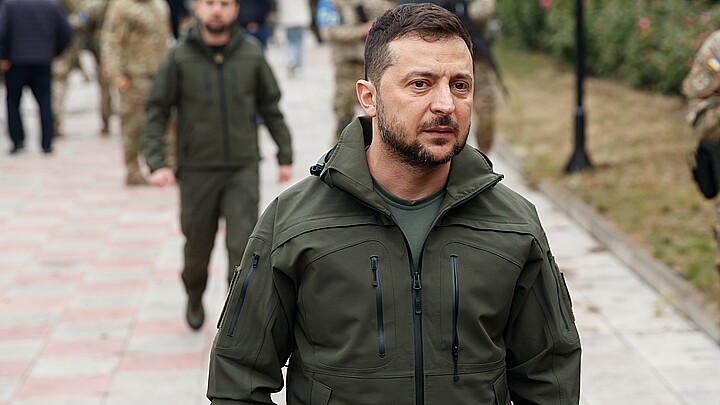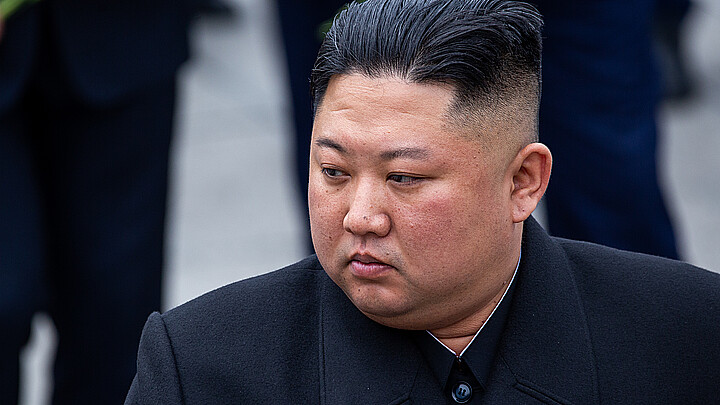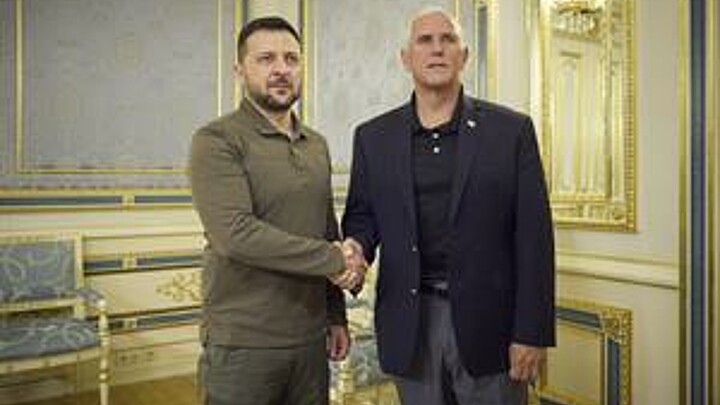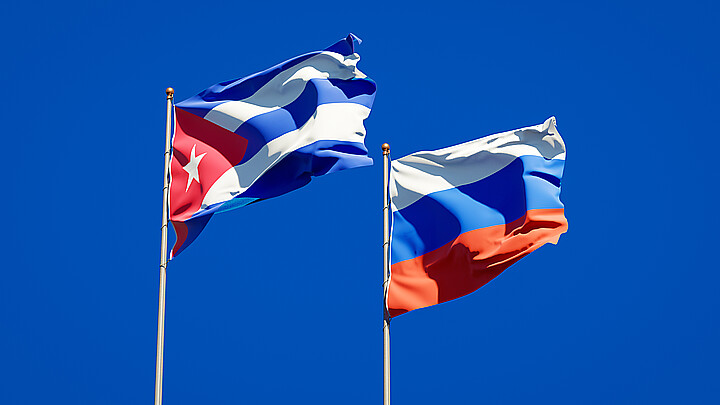Politics
CHARGE: Regional German leader 'colluded with Russians on gas pipeline'
Manuela Schwesig, chief minister of Mecklenburg-Western Pomerania state in northeast Germany, is accused of setting up an environmental foundation that was secretly designed to lobby for the Russian-backed pipeline and against U.S. sanctions
April 20, 2022 12:36pm
Updated: April 21, 2022 10:00am
A state leader in Germany colluded with Russia’s state energy company to promote the Nord Stream 2 gas pipeline between the countries, according to leaked documents reviewed by The Times of London.
Manuela Schwesig, chief minister of Mecklenburg-Western Pomerania state in northeast Germany, is accused of setting up an environmental foundation that was secretly designed to lobby for the Russian-backed pipeline and against U.S. sanctions.
Schwesig is a member of the ruling Social Democratic Party, which has come under heavy scrutiny for green energy policies that increased Germany’s dependence on Russian oil and gas. Berlin closed gas fields and shut down its nuclear plants and purchased 50% of its coal, 55% of its gas and 35% of its oil from Moscow before its invasion of Ukraine.
According to the emails and documents released under the Environment Information Law, Schwesig worked so closely with Nord Stream 2 AG, the company behind the pipeline, that they suggested revisions to her public statements and asked to eavesdrop on off-the-record briefings to journalists.
The minister also made a speech to the state parliament dismissing criticism of the pipeline project as an attempt to pressure Germany into buying “U.S. fracking gas” at the behest of Nord Stream 2’s communication’s manager.
Norbert Röttgen, a member of the opposition Christian Democratic Union, called for Schwesig to resign for “colluding with a Russian company and deliberately misleading the public”.
Nord Stream 2 AG is owned by Gazprom and headed by Mattias Warnig, a former German intelligence officer who befriended and worked with Vladimir Putin while he was stationed there as a KGB officer in the 1980s.
NATO warned in 2014 that Russia was funding environmental NGOs working against fracking to “maintain European dependence on Russian gas.”
Berlin continues to oppose boycotting Russian energy exports as prices soar due to Moscow’s invasion of Ukraine.










